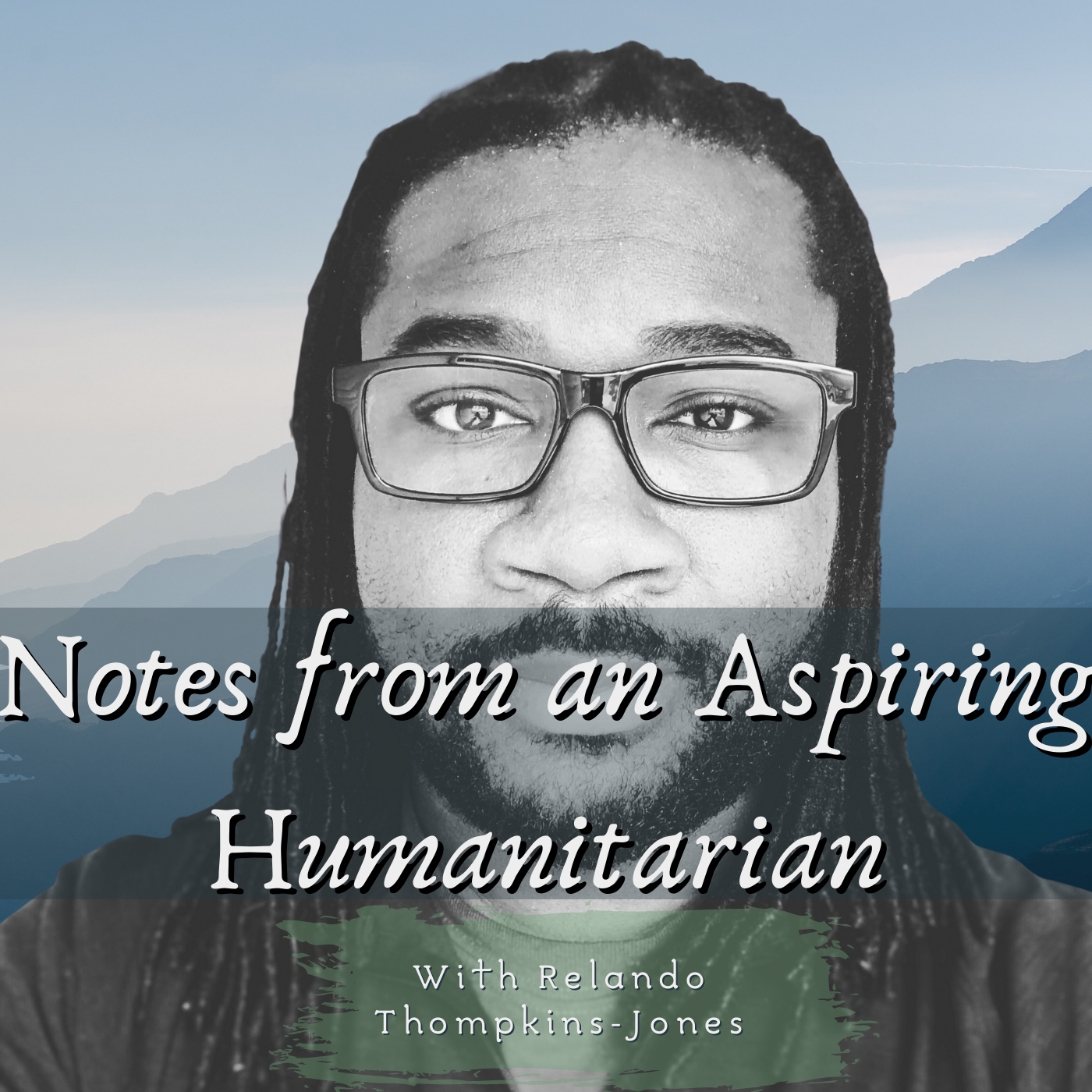From Tumblr: “Dear Liberal Allies-what your college courses on oppression didn’t tell you
“If you’ve come here to help me, you are wasting your time. But if you have come because your liberation is bound up with mine, then let us work together.” –Lila Watson
I love that quote because I think it is a good illustration of what allyhood should look like. Sometimes, the well-intentioned ally in us can take a “helping” approach in which we can ultimately find ourselves doing more of the hurting that we so desperately wish to end.
Here’s a piece I found online that I believe is a great conversation starter for opening up the lines of communication among well-intentioned allies and the folks we strive to serve, because it hits on an easily experienced pitfall that can be damaging to relationships: Diminishing or devaluing the lived experience of oppressed peoples while touting authority through academic knowledge.
At times, I experienced feelings of invalidation as a student of color when I was pursuing my education in Social work, and started a group with some of my classmates to address those feelings, and their implications.
I think academic knowledge can be all the more compelling when combined with lived experience. However, valuing the former over the latter, especially in the face of those impacted by oppression can cause would be allies to lose valuable ground.
I see this article is a reminder of how very important it is to do the personal work in our own lives, as we strive to help others. I definitely encourage you to read the full article and share your thoughts.
From Trungles: Dear Liberal Allies-what your college courses on oppression didn’t tell you
“You and I, we may have taken the same seminars and maybe even read the same Audre Lorde excerpts or Ronald Takaki books, but know this: we learned very different things in very different ways.
For students of color, for gay students, for trans* students, for the children of immigrants and refugees, these classes aren’t always about learning new concepts when it pertains to us. It’s more about learning the names of things we already knew fairly intimately. Do you understand that? You learned it another way. You went in, you got this set of key words and a list of definitions. Your learning was, in all likelihood, “Here is this word. This is what this word means.”
For you, it was “Xenophobia: a strong fear or dislike of people from other countries.”
For us, it was “Xenophobia: the time that boy in my kindergarten class spat on me because I couldn’t speak English yet. Or when I saw that clerk yell at my mom in the grocery store because her English wasn’t clear enough. Or when USCIS had us confirm our American citizenship with the same set of papers seven times over the course of sixteen years because they wanted to confirm that we were, in fact, actual American citizens.”
…For you, it was, “Homophobia: a strong dislike or fear of homosexual people.”
For us, it was, “Homophobia: that time in the sixth grade when Ryan shoved me against a glass door and banged my face in it while yelling, ‘faggot!’ at me until the teacher stopped him. Or when my Catholic high school’s president told me that, though he loved me as a child of God, he still believed I was sinful when I suggested that we start a GSA.”
”If you didn’t live an experience, then step aside. Because we knew this stuff before our professors told us what to call it. We learned it from the bottom up, you learned it from the top down, and that’s not even a metaphor.
When you step out of class, you get to be like, “Oh, awesome. I am learning how to be a good ally and a better human being. This will help me.” For us, it’s more like, “Ah, so that’s what they’re calling it nowadays. When exactly did they say change was going to come for us?”
“Because the bottom line is that our academia has made a commodity of our lived experiences as teaching moments for you. And if you think your academic knowledge is more valid than our lived experiences, then you’re definitely not part of the solution.”
Grace & Peace,
From Aspiring Humanitarian, Relando Thompkins, MSW
—————————————————————————————————————————
(N.A.H.) is advertisement-free and reader supported. If you enjoy my notes, consider supporting (N.A.H.) with a one-time donation or by becoming a monthly patron.
—————————————————————————————————————————














